
Spirulina in Pregnancy
Body detox has been more and more popular recently. No wonder: the ubiquitous smog, a huge amount of exhaust fumes and fertilisers used in food production are just the tip of the iceberg when we consider the substances our bodies are exposed to on an everyday basis. Unfortunately, lots of them are harmful. How should we take care of our bodies to get rid of the toxins? There are many ways to do so but I will focus today on spirulina which is helpful both in cleansing your body and as a natural diet supplement.
What is spirulina?
Spirulina is an algae, professionally called Spirulina platensis, or more specifically, cyanosis. Although it is still a new product for many people, its properties were appreciated by the ancient Aztecs. Nowadays, spirulina grows naturally in Africa and Mexico. However, many spirulina farms have been created in the last 50 years, making it easily available in all over the world.
The properties of spirulina
Spirulina mainly consists of protein, which amounts to about 65-70%, that’s why it is called by some people green meat. In addition to proteins, its consumption will enrich your body with beta-carotene, folic acid (extremely important for pregnant women!), bioflavonoids, linolenic acid, iron, manganese, copper, selenium, and zinc. It also has vitamins B, as well as A, C, D, E, and K. All these substances have a very positive effect on the functioning of the body every day, improving its efficiency. What’s more, spirulina also improves our immunity due to its beneficial effect on the multiplication of bacterial flora in the intestines.
The use of spirulina
Spirulina should be consumed by people who cut down on meat consumption. It is worth introducing into your daily diet as a source of vegetable protein. In addition, the iron it contains and the properties that increase red blood cell production mean that spirulina should be a staple in the diet of people struggling with anemia and pregnant women. In the introduction I described the cleansing properties of the algae. Phytocyanin, a dye that gives spirulina a beautiful, green-blue color, is responsible for this feature. Increasingly, dermatologists mention it as a helpful tool in the fight against acne, as it not only cleanses the body, but also has anti-inflammatory properties.
Spirulina in pregnancy
Many women are not sure about using spirulina during pregnancy. There is no reason to worry, it is not only safe, but also recommended to be included as part of your daily diet. Folic acid, contained in spirulina, is known to all pregnant women as the vitamin which supports the proper development of the nervous system. In addition to the supplementation recommended by your doctor, it is worth consuming it in a natural form. In addition, spirulina is rich in ingredients such as vitamin K and D, as well as calcium, which prevent the formation of hypertension during pregnancy, but above all support the mineralization of the baby’s bones. You can’t forget about iron, which will protect against anemia, a very common ailment among future mothers. Vitamins A, C and E are also extremely important as they prevent birth defects. It is worth remembering that these vitamins and minerals are important not only in the nutrition of pregnant women. Spirulina helps the body rebuild after delivery and the new mom can regain her strength faster.
Spirulina in practice
You know why you should use spirulina. Now I let me tell you how you can use it! You can add it to lots of different dishes, such as smoothies, puddings, millet porridge or simply water, just to name a few. You can find great recipes with spirulina in my blog: spaghetti with green pesto, chinese style noodles or bilberry pudding.
You can find spirulina and products which contain it on Foods by Ann: Spirulina, Orange and Spirulina Smoothie, Smoothie Bowl or Pudding.
Bibliography:
- De Freitas Brito A., Silva A. S., De Souza A. A. i wsp. Supplementation with Spirulina platensis Modulates Aortic Vascular Reactivity through Nitric Oxide and Antioxidant Activity. Oxidative Medicine and Cellular Longevity. 2019; 1-12.
- Pilkington K. Spirulina (blue-green algae). CAM Cancer. 2019.
- Stanic-Vuvinic D., Minic S., Nikolic M. R. i wsp. Spirulina Phycobiliproteins as Food Components and Complements. Microalgal Biotechnology. 2018, 7; 129-150.



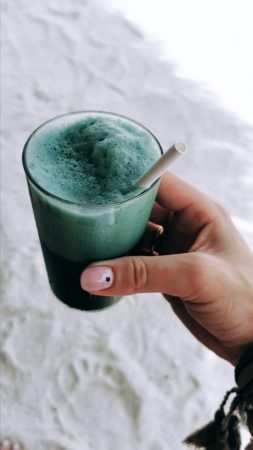



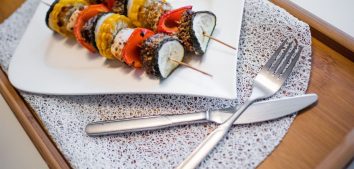
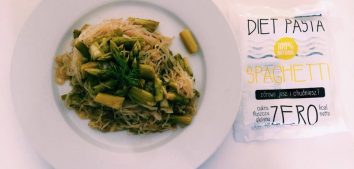
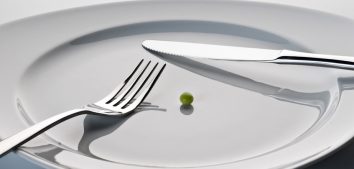
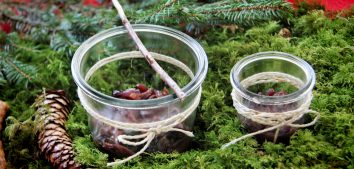
Comments 1 Comment
Join the discussion…
understand better by reading